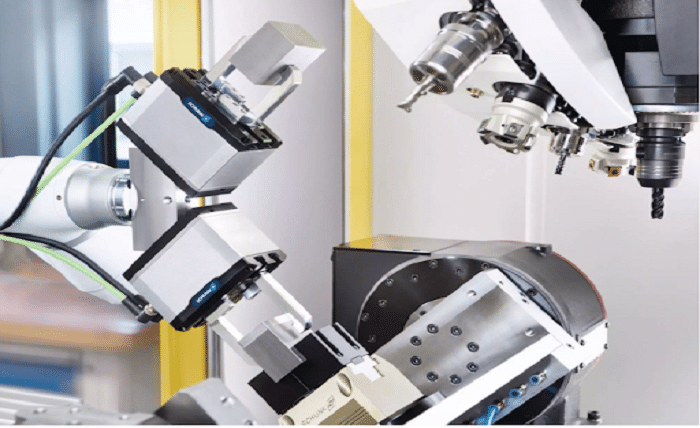The integration of technology in healthcare has revolutionized the industry, leading to a surge in health information technology jobs. These positions are essential for managing patient data, improving healthcare services, and enhancing overall efficiency. This blog post explores the various health information technology jobs, the required qualifications, and the future of this growing field.
1. What are Health Information Technology Jobs?
Health information technology jobs encompass a range of positions focused on managing and utilizing technology to store, analyze, and secure patient health information. These roles are critical in ensuring that healthcare providers have access to accurate and up-to-date patient data.
2. Importance of Health Information Technology
The importance of health information technology jobs cannot be overstated. They improve patient care by ensuring timely access to medical records, reduce errors through accurate data management, and enhance the overall efficiency of healthcare services.
3. Common Job Titles in Health IT
There are several common job titles within health information technology jobs, including Health Information Technician, Clinical Informatics Specialist, Health IT Project Manager, Electronic Health Record (EHR) Specialist, and Health Data Analyst. Each role has specific responsibilities and requirements.
4. Skills Required for Health IT Jobs
Success in health information technology jobs requires a mix of technical and soft skills. Technical skills may include knowledge of EHR systems, database management, and data analysis. Soft skills such as attention to detail, communication, and problem-solving are equally important.
5. Educational Requirements
Most health information technology jobs require at least an associate degree in health information technology or a related field. Advanced positions may require a bachelor’s or master’s degree. Relevant certifications can also enhance job prospects.
6. Essential Certifications
Certifications play a crucial role in health information technology jobs. Popular certifications include Registered Health Information Technician (RHIT), Certified Health Data Analyst (CHDA), and Certified Professional in Health Information Management Systems (CPHIMS).
7. Gaining Relevant Experience
Experience is key to securing health information technology jobs. Internships, part-time positions, and volunteer work in healthcare settings can provide practical experience and demonstrate your capabilities to potential employers.
8. Job Outlook and Career Advancement
The job outlook for health information technology jobs is positive, with the Bureau of Labor Statistics projecting significant growth in this sector. Career advancement opportunities are abundant, with possibilities for moving into management, consulting, or specialized technical roles.
9. The Role of Health IT in Patient Care
Health information technology jobs play a vital role in patient care by ensuring that healthcare providers have timely access to accurate patient records. This facilitates better diagnosis, treatment, and continuity of care, ultimately improving patient outcomes.
10. Future Trends in Health Information Technology
The future of health information technology jobs looks promising, with trends such as telemedicine, artificial intelligence, and advanced data analytics shaping the field. Staying updated with these trends is crucial for career growth in health IT.
Conclusion
Health information technology jobs offer a rewarding career path with a significant impact on patient care and healthcare efficiency. By understanding the various roles, acquiring necessary skills and certifications, and gaining relevant experience, you can successfully navigate this dynamic field. The future of health IT holds exciting opportunities, making it an ideal career choice for those passionate about technology and healthcare.
FAQ
- What are some common health information technology jobs?
Common health information technology jobs include Health Information Technician, Clinical Informatics Specialist, Health IT Project Manager, EHR Specialist, and Health Data Analyst.
- What qualifications are needed for health IT jobs?
Qualifications typically include an associate or bachelor’s degree in health information technology or a related field, along with relevant certifications such as RHIT, CHDA, or CPHIMS.
- How can I gain experience in health information technology?
Gaining experience can be achieved through internships, part-time positions, and volunteer work in healthcare settings, which provide practical experience and exposure to health IT systems.
- What is the job outlook for health information technology jobs?
The job outlook is positive, with significant growth projected in the health IT sector due to the increasing adoption of technology in healthcare and the need for accurate patient data management.
- What are the future trends in health information technology?
Future trends in health IT include the rise of telemedicine, the use of artificial intelligence for data analysis, and the implementation of advanced data analytics to improve patient care and operational efficiency.





